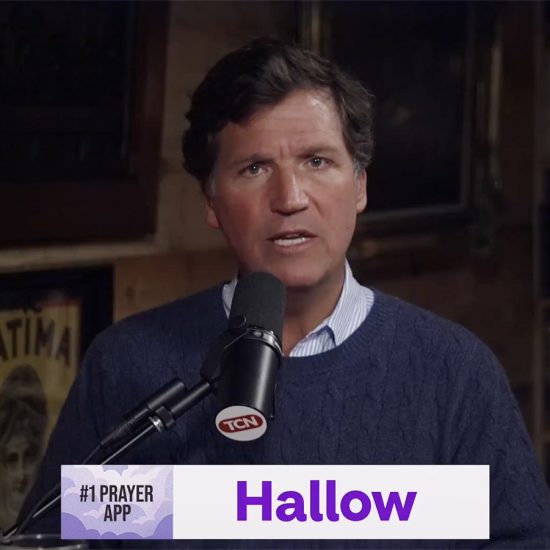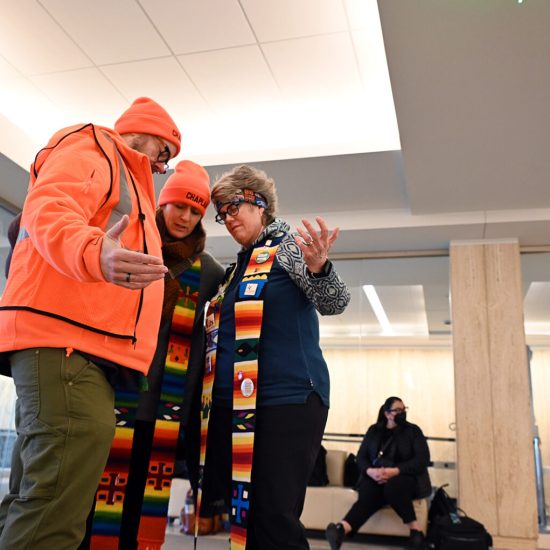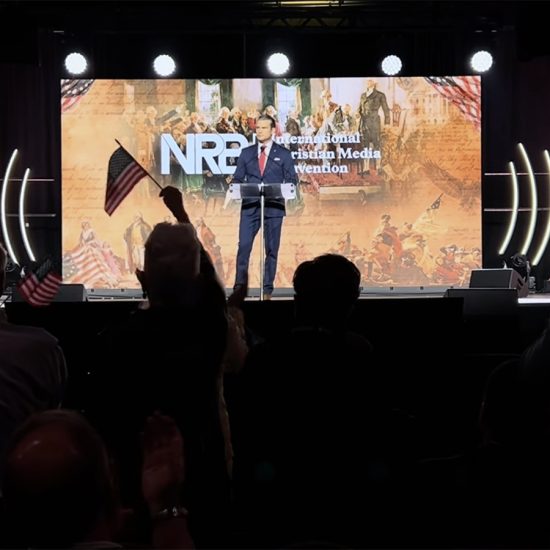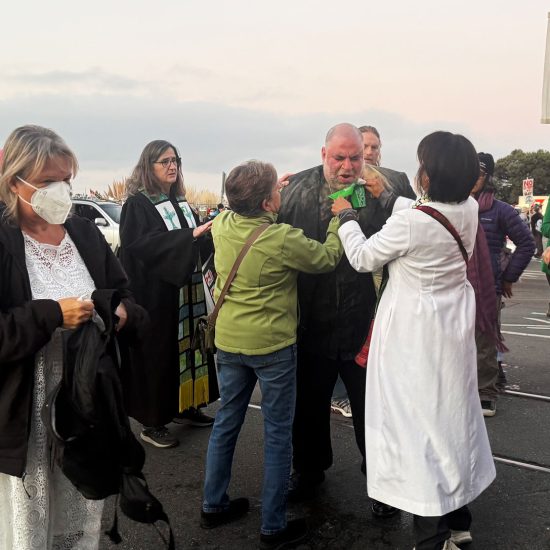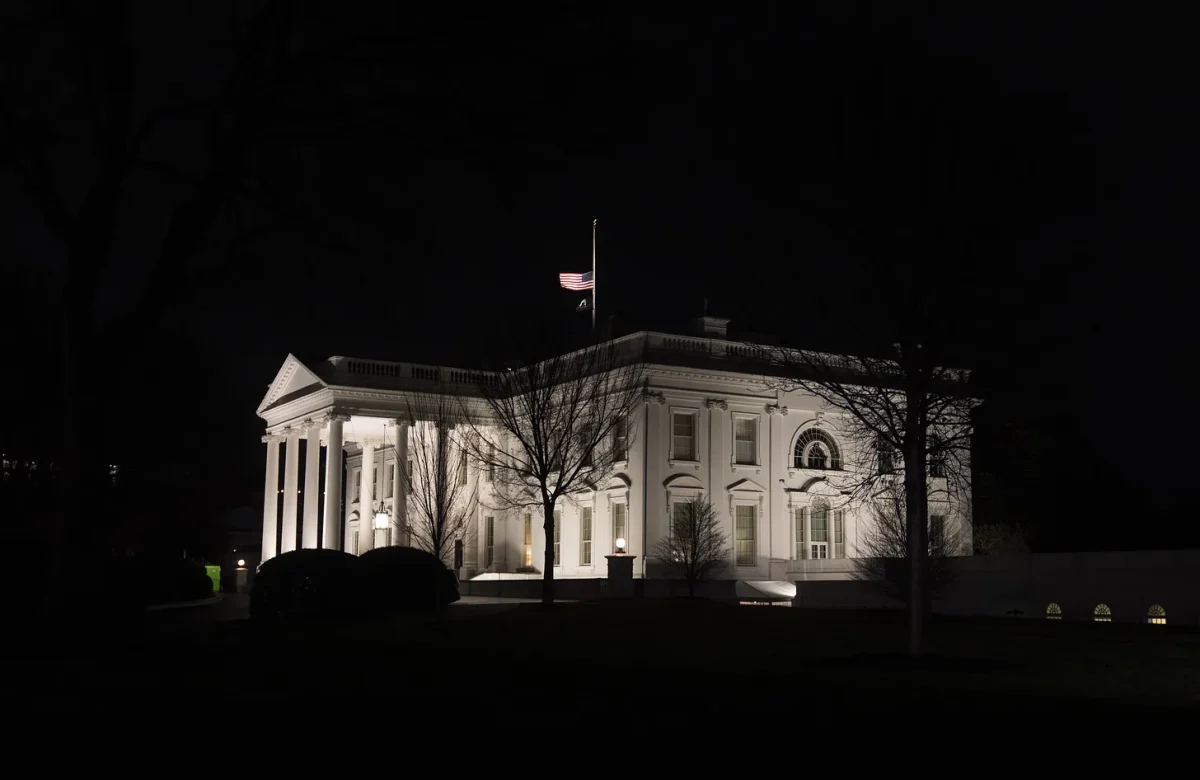
Following the death of former President Jimmy Carter on Sunday (Dec. 29), I shared a reflection I wrote about him and his legacy. Among the numerous tributes pouring in this week to honor the longtime Baptist Sunday School teacher, humanitarian, and peace advocate has been praise from political and religious leaders.
President Joe Biden called him “an extraordinary leader, statesman, and humanitarian” and “a man of great character and courage, hope, and optimism.” Pope Francis praised Carter’s “firm commitment, motivated by deep Christian faith, to the cause of reconciliation and peace.” U.S. Sen. Raphael Warnock of Georgia, who is also a Baptist pastor, remembered Carter as “one of my heroes.” He added, “President Carter was a Matthew 25 Christian. He believed, as I do, that the true test of your faith is the depth of your commitment to the most marginalized members of the human family.” And Paul Baxley, executive coordinator of the Cooperative Baptist Fellowship (which Carter was a part of after leaving the Southern Baptist Convention), said, “My hope is that our reflection on President Carter’s life will cause us to more deeply embrace the commitments that defined his life, not only his devotion to Christ but also to the pursuit of just peace, genuine racial justice, the faithful stewardship of creation, relentless honesty and integrity and a politics marked more by what is right than what is politically beneficial.”
As we remember a unique political figure who lived out character virtues that are sadly in short supply in public office today, there are several tributes I’ve particularly appreciated. So this issue of A Public Witness offers short highlights from four reflections on James Earl Carter Jr.
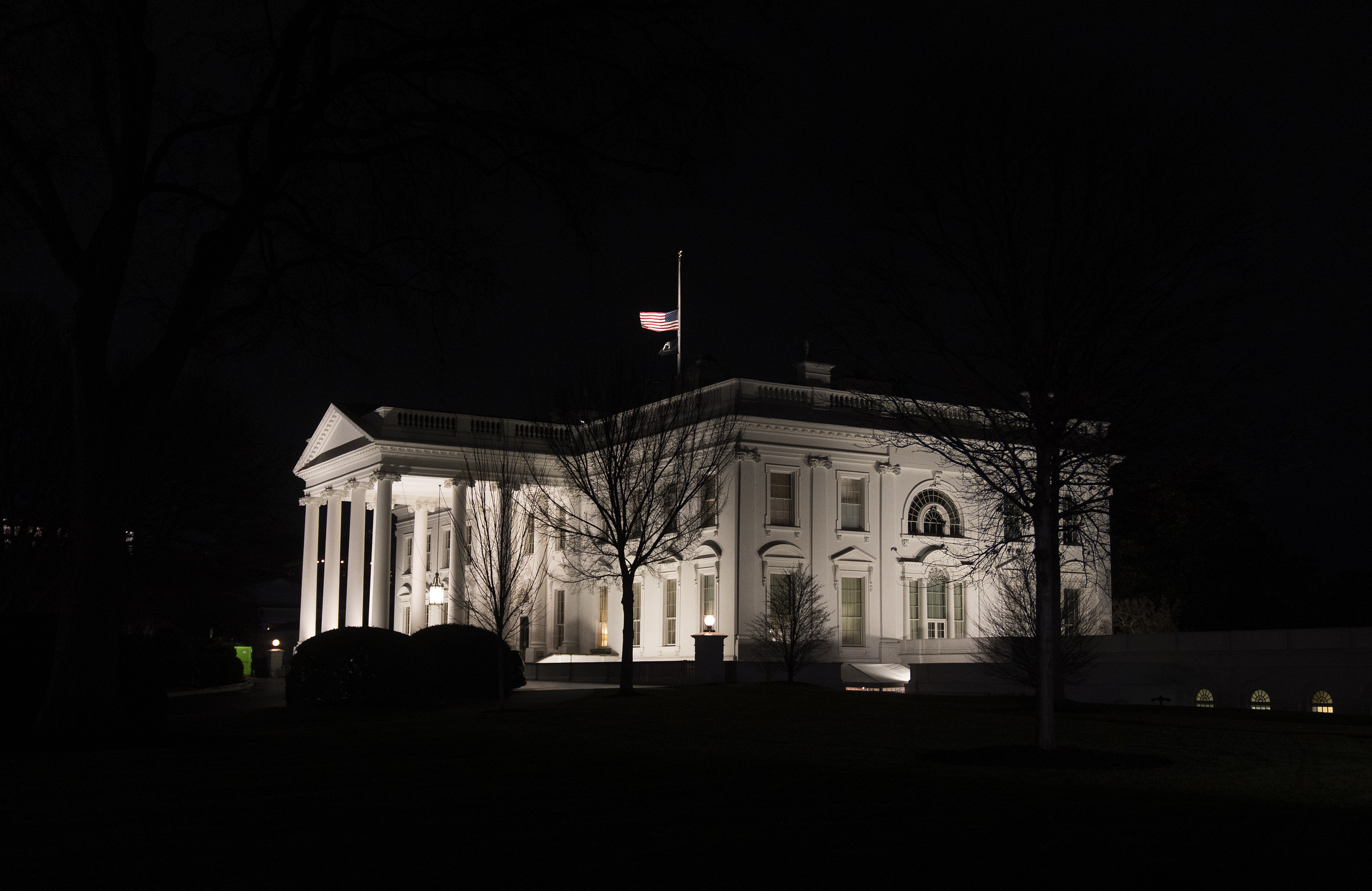
The American flag flies at half-staff at the White House for the late President Jimmy Carter on Dec. 29, 2024. (Manuel Balce Ceneta/Associated Press)
Randall Balmer
A professor of religion at Dartmouth College and an Episcopal priest, Randall Balmer has studied Carter for years. He even wrote a book about the former president, Redeemer: The Life of Jimmy Carter. He offered a reflection this week in Politico.
“Forced into political retirement, he set about making plans for his presidential library, and here, freed from political constraints, Carter would be able to act most fully on his religious principles,” Balmer wrote. “He conceived the Carter Center as a working institution, not merely a celebratory one, and it has been extraordinarily effective in the eradication of disease, the monitoring of free and fair elections, and the pursuit of peace, justice, and care for those on the margins. These are the principles of progressive evangelicalism that Carter sought to advocate throughout his political career. These are the principles he was able to advance even more fully once he left Washington. As a progressive evangelical, someone who took seriously the command of Jesus to care for ‘the least of these,’ Carter might have been the last of his kind. He was also surely among the best of his kind.”
Balmer also wrote a piece for Religion News Service about how Carter worked to “rid the presidency of lies” while conservative evangelicals lied to push him out of office.
Rachel Laser
The president of Americans United for Separation of Church and State, Rachel Laser, praised the late Carter on Sunday for his dedication to church-state separation. I particularly appreciated how Laser, who is Jewish, highlighted Carter’s embrace of his Baptist faith and heritage for guiding his position.
“We at Americans United mourn the loss of President Jimmy Carter, a human rights advocate who championed the separation of church and state because of his deep religious faith. We thank President Carter for his service to our country and for including church-state separation and religious freedom among the important issues he championed,” Laser said. “A devout Baptist and Sunday school teacher, Carter often referenced Baptists’ traditional esteem for church-state separation as the shield that protects religious freedom for everyone. Carter opposed religious leaders and houses of worship politicking, taxpayer funding of religious organizations (especially those that discriminate), removing evolution from school science classes, and coercing students to pray in public schools.”
Many Baptists today have turned against church-state separation, though some of us still recognize that the historic principle is key to preserving religious liberty for all. It’s part of why I serve on the board for AU. And it’s why when some people have been confused to learn I’m a Baptist, I’ve often said I’m a Jimmy Carter-type of Baptist.
Amanda Tyler
Similar to the praise from Laser, Amanda Tyler highlighted Carter’s dedication to religious liberty and church-state separation in a column she wrote for Time magazine. The executive director of the Baptist Joint Committee for Religious Liberty, Tyler is the lead organizer of Christians Against Christian Nationalism and author of the new book How to End Christian Nationalism.
“The United States’ most religious president in recent memory was also the most committed to the separation of church and state,” Tyler noted about Carter, who received the BJC’s religious liberty award in 1996. “We continue to strive to see a country where Americans like Carter, who have deep theological convictions, can bring their full selves to their public lives, while never imposing their religious beliefs on others or using the government to promote religion.”
“In a time of growing Christian Nationalism reinforced and manipulated by officeholders and candidates, more government entanglement with religion as a result of misguided decisions from the U.S. Supreme Court, and the rapid decline in church attendance, I hope we can pause for a moment as we remember the life of Jimmy Carter to consider how different the relationship between religion and government would look in the United States if our political leaders would follow Carter’s example,” she added.
As both Tyler and Laser noted, Carter spoke out against the political mobilizing of the Religious Right, including members of his former denomination who push Christian Nationalism.
Wendell Griffen
A Baptist pastor in Arkansas and co-author — with South African theologian Allan Boesak — of Parables, Politics, and Prophetic Faith: Hope and Perseverance in Times of Peril, Wendell Griffen reflected on Carter by comparing and contrasting the former president with two other significant U.S. figures from the last century.
“My South African friend and colleague Allan Boesak wisely observed during our conversation earlier today, 2024 marked the deaths of two very different U.S. political leaders: Henry Kissinger and Jimmy Carter,” Griffen wrote. “Sadly, the nation chose to follow the White supremacist, militarist, capitalist, and imperialist values of Kissinger. We should bear this in mind as the nation and world sinks deeper into the clutches of fascism.”
“President Jimmy Carter and Dr. Martin Luther King Jr. were native Southerners from Georgia. Carter was rejected by the Southern Baptist Convention (the largest Protestant denomination). King was rejected by the National Baptist Convention USA, Inc. (the largest Black Protestant denomination). They each were rejected by their respective religious groups because they refused to embrace the false gods of racism, capitalism, and militarism,” Griffen added. “The world has become a more hateful and dangerous place because American voters and other American leaders rejected Jimmy Carter and disrespected Martin Luther King Jr. We will suffer the vicious and violent consequences of those misjudgments for generations to come. And we should lament the human, environmental, and global damage caused by those misjudgments as we remember the remarkable lives of King and Carter, one a preacher, the other a politician, and each a prophet.”
Get cutting-edge reporting and analysis like this in your inbox every week by subscribing today!
A Faithful Witness
Other worthwhile tributes this week include a New York Times piece by Ron Lieber on how Carter unsuccessfully tried to warn America about the dangers of materialism, an NPR look at Carter’s environmental advocacy and example, and a Washington Post article by Timothy Bella on Carter’s work with Habitat for Humanity. And then there’s a song a former professor of mine wrote and recorded: “Still Believe in Jimmy Carter.”
The passing of Carter not only marks the end of an influential life, it also reminds us of what a Christian politician could look like. The next few weeks will provide more reflections and lessons as he lies in state in the U.S. Capitol, has a funeral at the Washington National Cathedral on Jan. 9, and is laid to rest in Georgia. Per the U.S. Flag Code, President Joe Biden ordered flags lowered to half-staff for 30 days. As a result, when the next president places his hand on a Bible and takes the oath of office, the nation will officially be in a state of mourning.
As a public witness,
Brian Kaylor


